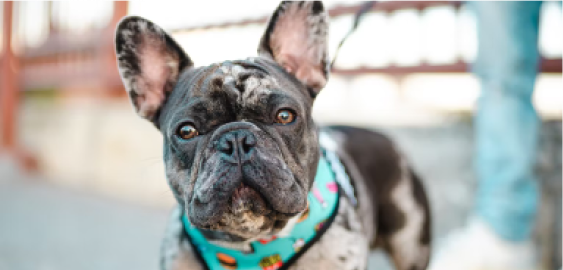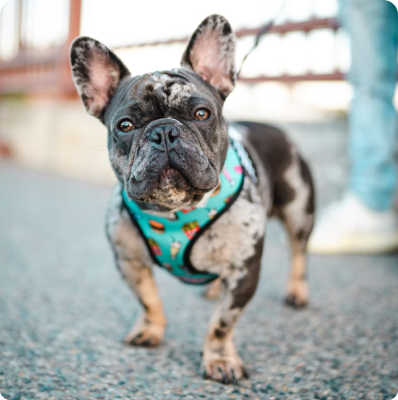French Bulldog Puppies for Sale
Explore adorable French Bulldog puppies from our network of 1,000+ caring breeders.
Responsible Breeders
Excellent Customer Service
Nationwide Travel
Rated Outstanding
by 1,200+ Customers


Hear From Our Happy Customers
Heartwarming stories from our happy customers!
Rated Outstanding
by 1,200+ Customers
Video Testimonials
Watch our pet parents share their Mawoo experience!
How Does Mawoo Pets Work?
Find your perfect puppy
Search by breed, location, size, and more. Use our Puppy Match Quiz or call our puppy concierge for personalized assistance.
Reserve your puppy
Found the one? Fill out the reservation form and complete your payment to secure your puppy.
Welcome your puppy
We will reach out to arrange the delivery or pickup of your puppy. Get ready to welcome your new furry friend into your home!
Need Assistance?
We’re here Mon-Sat, 9AM - 9PM ET!
Why Mawoo Pets?
We pride ourselves on bringing healthy puppies from trusted breeders to loving forever homes.
Responsible Breeders
Health Guarantee
Excellent Customer Service
Secure and Simple Process
Pickup & Delivery
Our Partners Include
French Bulldog Breed Information
French Bulldogs are small, reasonably independent and clever—all attributes that make them some of the best apartment dogs. Frenchies are also affectionate with their families, and good with kids and other dogs. Easygoing and adaptable, these dogs are a good choice for owners without a lot of experience handling and training pets.
Temperament
Clever, patient, athletic
Breed Fast Facts
Weight
16 - 28 lbs
Size
Small
Energy
Moderate
Shedding
Moderate
Trainability
Very
Life span
11 to 14 years







































































